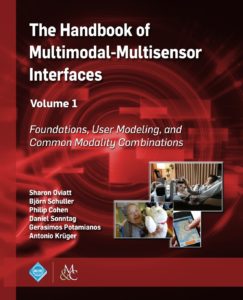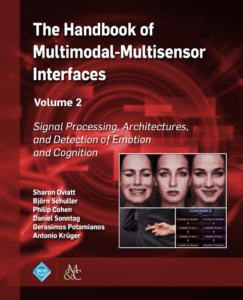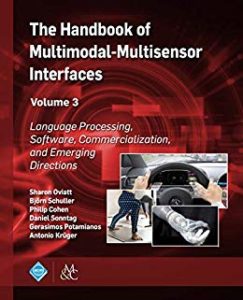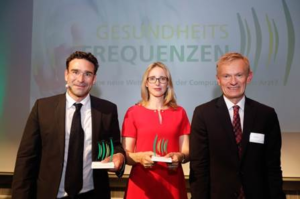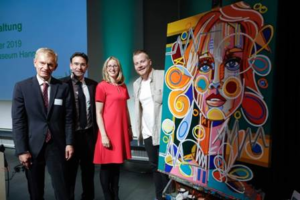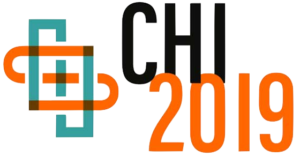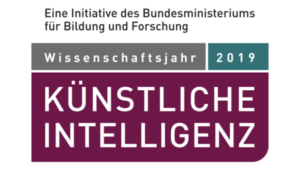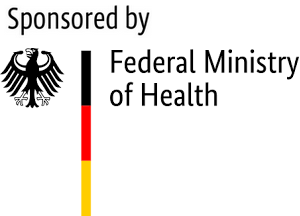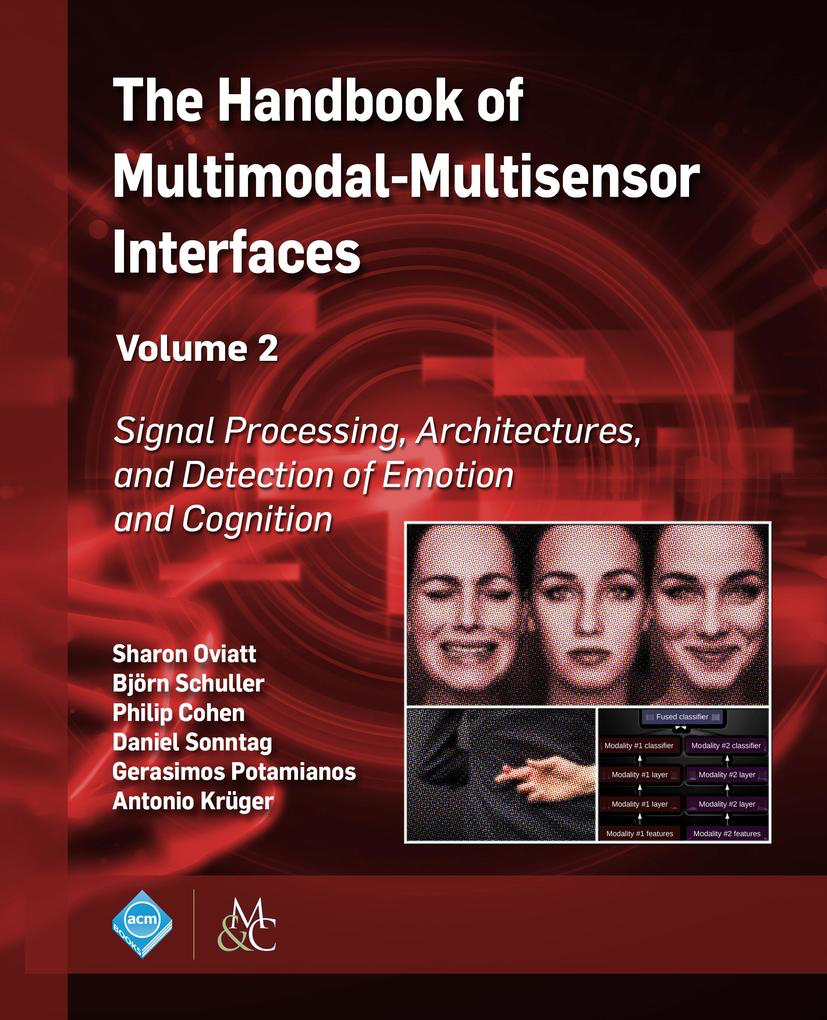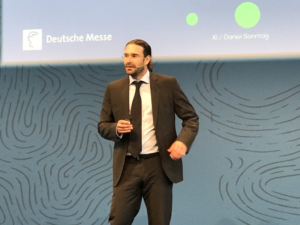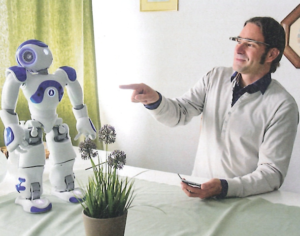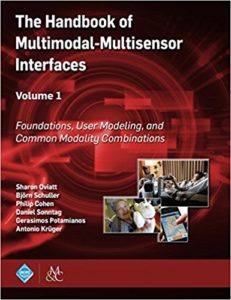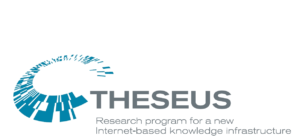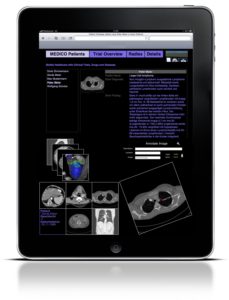pAItient: The Management & Krankenhaus journal features an interview with Daniel Sonntag about the detection of Covid-19 based on CT scans, and medical decision support in clinical practice.
Author Archives: alpr01
Handelsblatt reports about AI against Covid-19
pAItient: Handelsblatt reports about Artificial Intelligence against Covid-19 and our demonstrator, with accompanying commentary from Daniel Sonntag.
Ophthalmo-AI Kick-off
Ophthalmo-AI: Virtual Kick-off of the Ophthalmo-AI project (BMBF) in Saarbrücken, Sulzbach, Münster, Berlin and Heidelberg. In Ophthalmo-AI we aim at developing better diagnostic and therapeutic decision support in ophthalmology through effective collaboration of machine and human expertise (Interactive Machine Learning – IML).
Assessing Cognitive Test Performance Using Automatic Digital Pen Features Analysis at UMAP’21
Double or nothing – Alexander Prange will present a paper on “Assessing Cognitive Test Performance Using Automatic Digital Pen Features Analysis” at this year’s ACM UMAP conference on User Modeling, Adaptation and Personalization. In contrast to the paper presented at this year’s CHI, we analyze cognitive assessments solely based on digital pen features, without additional content analysis.
Poster at AAAI’21
Duy Nguyen presents “An Attention Mechanism using Multiple Knowledge Sources for COVID-19 Detection from CT Images” at the AAAI’21. This research is part of the pAItient project.
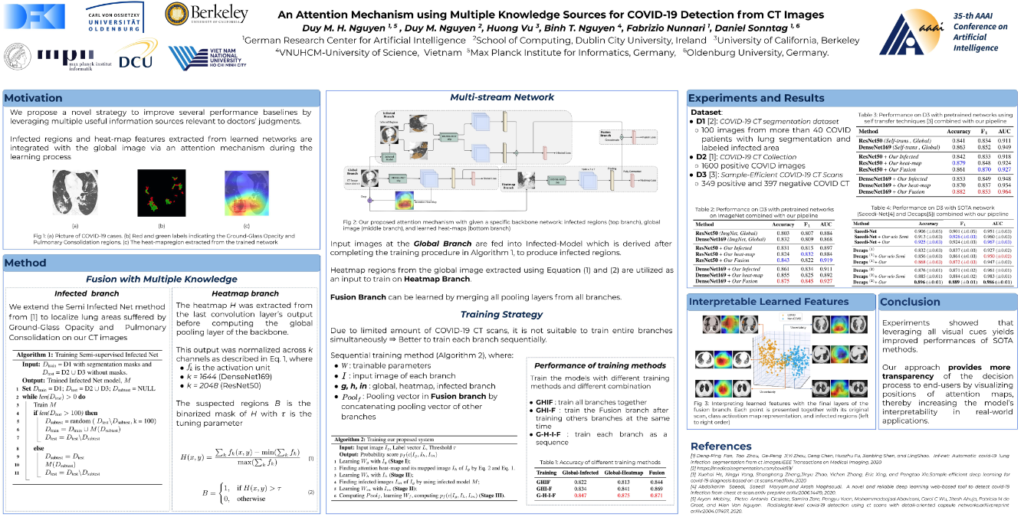
Explainable Automatic Evaluation of the TMT at CHI’21
Alexander Prange will present a paper on “Explainable Automatic Evaluation of the Trail Making Test for Dementia Screening” at this year’s CHI conference. As part of the interactive cognitive assessment tool we generate automatic and explainable structured reports of cognitive assessments that were recorded with a digital pen.
Interview: AI for healthy living
An interview with Daniel Sonntag about “AI for healthy living” has been published in a German digital healthcare campaign, see https://issuu.com/europeanmediapartner/docs/analyse__-_digi_gesundheit_it-sec_18122020_epaper (in German)
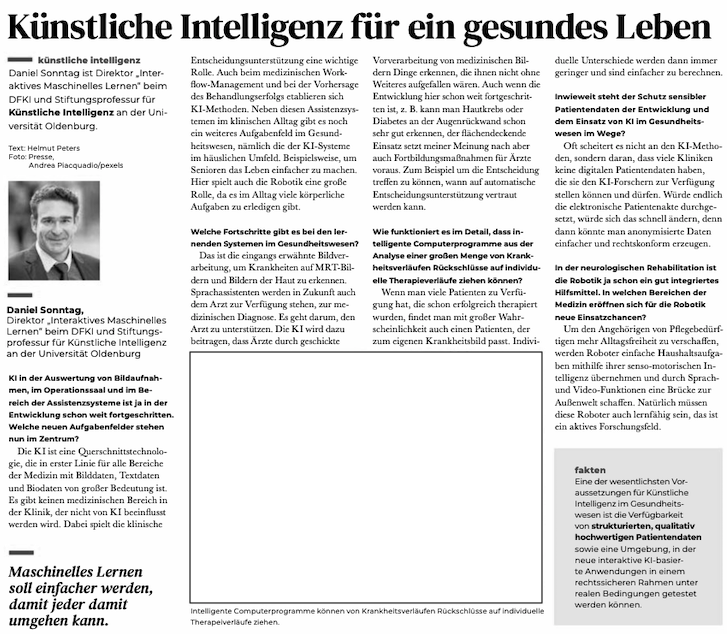
German Standardization Roadmap AI
The German Standardization Roadmap Artificial Intelligence has been published recently in November 2020. In medicine, secure framework conditions have to be created; and the legal context, economy, technical aspects, acceptance, privacy, data security, and ethical aspects have to be taken into account.
In the pAItient project, where DFKI is responsible for secure framework conditions of AI systems, we have now published our first paper that explicitely addresses these aspects and standardisation needs of image preprocessing guidelines which are naturally subject to GDPR and DSGVO.
Tomorrow, “The effects of masking in melanoma image classification with CNNs towards international standards for image preprocessing” will be presented at EAI MedAI 2020 – the International Symposium on Medical Artificial Intelligence.
pAItient Kick-off
pAItient: Virtual Kick-Off of the pAItient project (BMG) in Saarbrücken and Heidelberg. In pAItient we aim at automating the development of AI-based approaches in medicine (from the idea to translation into cross-site clinical routine).
Invited Talk at the Innovation in Health Governance and AI-related Technologies During the COVID-19 Pandemic Webinar
Invited panel discussion as a Webinar, organised by the Konrad Adenauer Stiftung, on AI against COVID-19 with experts from China.
Related editorial of the German Journal of Artificial Intelligence
Sponsored by:

KI-Para-Mi Kick-off
KI-Para-Mi: Kick-off of the KI-Para-Mi Project (BMBF) as webinar in Munich and Saarbrücken. In KI-Para-Mi, we develop an intelligent personnel planning system for flexible shift scheduling in nursing, which above all takes into account the interests of the employees.
Interview with Daniel Sonntag in the German enorm Magazine
Interview with Daniel Sonntag in the German enorm Magazine, “AI in Medicine, wonders in diagnosis?” (in German).
Invited speaker at the AAAI Fall Symposium Series
Daniel Sonntag is an invited speaker at the AAAI Fall Symposium Series, Human-Centered AI: Trustworthiness of AI Models & Data. Title: “Interactive Machine Learning and Explainable AI, two sides of the same coin.”
Lecturer at the 2019 UPLINX Machine Learning School
Lecturer at the 2019 UPLINX Machine Learning School. Michael Barz presents research topics from our group, e.g., how interactive machine learning and eye tracking can be used to support dementia patients in everyday life.
Multimodal Multisensor Interface Trilogy published
Multimodal Multisensor Interface Trilogy published
The Handbook of Multimodal-Multisensor Interfaces provides the first authoritative resource on what has become the dominant paradigm for new computer interfaces-user input involving new media (speech, multi-touch, hand and body gestures, facial expressions, writing) embedded in multimodal-multisensor interfaces. This three-volume handbook is written by international experts and pioneers in the field. It provides a textbook, reference, and technology roadmap for professionals working in this and related areas.
| Volume 1 | Volume 2 | Volume 3 |
Daniel Sonntag becomes member of the Artificial Intelligence of the Canadian German Chamber of Industry and Commerce Inc.
Daniel Sonntag becomes member of the German Delegation of Artificial Intelligence of the Canadian German Chamber of Industry and Commerce Inc.
Main scientific partner institutes include the Future Skills Centre – Ryerson University, the University of Toronto and the Vector Institute, main industrial partners include Element.AI, Zoom.AI, and Roche Canada.
Invited talk at The Future of Work & AI Conference, where experts from Germany and Canada discussed the newest developments in this field, took place on September 18th at the Ontario Investment and Trade Centre.
Contact:
Canadian German Chamber of
Industry and Commerce Inc.
480 University Ave, Suite 1500
Toronto, ON, M5G 1V2 Canada

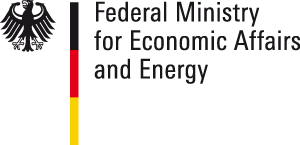
Daniel Sonntag is invited speaker at the Roche Diabetes Care symposium
Daniel Sonntag is invited speaker at the Roche Diabetes Care symposium at the EASD congress Barcelona.
Demography Congress 2019
Daniel Sonntag is invited speaker at the German Demography Congress, title: “Artificial Intelligence Companions”, also see kognit.dfki.de
Daniel Sonntag Invited Speaker at SBHD 2019
Invited Speaker at the 12th Annual International Conference on Systems Biology of Human Disease – SBHD 2019, May 27-29 in Berlin. Daniel Sonntag, Title: “Interactive Machine Learning in Medicine: Potentials and Limitations”
AOK Niedersachsen starts “health frequencies”
AOK Niedersachsen starts “health frequencies” – the purpose of this information series is to provide up-to-date information about artificial intelligence and digitalisation in healthcare.
Daniel Sonntag (DFKI), Alena Buyx (TUM), Jürgen Peter (AOK)
Interakt at CHI 2019
Interakt: DFKI presents a Multimodal Speech-based Dialogue for the Mini-Mental State Examination at the CHI 2019 conference in Glasgow.
Keynote at BMG workshop on AI in Healthcare
Daniel Sonntag gives keynote at the The Federal Ministry of Health (BMG) workshop on AI in Healthcare, Künstliche Intelligenz in der Medizin – Holzweg oder Heilversprechen? (in German, Artificial intelligence in medicine—the wrong track or promise of cure?)
Invited Speaker at EIT Digital (H2020)
Focus Online interview
Focus Online publishes Interview with German AI and oncology specialists, with Daniel Sonntag, amongst others (in German):
Dr. Algorithmus: Wie künstliche Intelligenz Krebspatienten helfen kann (How can AI help cancer patients?)
KI Journal video campaign
Springer NYC / Heidelberg provide links to the KI Journal video campaign.
KI – Künstliche Intelligenz / Artificial Intelligence Journal: Submitting Your Manuscript
KI – Künstliche Intelligenz / Artificial Intelligence Journal: Types of Papers
KI – Künstliche Intelligenz / Artificial Intelligence Journal: About the Journal
Invited talk at Oxford University
Daniel Sonntag, Invited talk at Oxford University, at the Oxford Robotics Institute about interactive machine learning in human-robot Interaction (HRI).
Skincare architecture available on ELSEVIER
Skincare: The Skincare project now uses the open-source architecture from the KDI project. The architecture has been published in the AI for Medicine Journal (ELSEVIER) and can be downloaded for free here.
Project Skincare Kick-Off
Skincare: Kick-off of the Skincare Project (H2020, EIT Digital) at Degetel in Paris. In Skincare, we develop a mobile application for patients and health professionals in the context of skin cancer diagnosis and treatment.
Digital Health Forum, Charité Berlin
Daniel Sonntag is invited panelist at the “Man vs. Machine: Quo vadis AI in Healthcare?” Digital Health Forum, Charité Berlin.
Sponsored by
German Federal Government releases the National AI strategy
The German Federal Government (Bundesregierung) releases the National AI strategy (in German) with additional input from the experts appointed by the Federal Ministry of Health. Also see AI in medicine and the German AI strategy.
Future Medicine 2018
800 scientists, clinicians, academics, young professionals, policy makers and representatives of the healthcare industry came together to discuss and shape the Future of Medicine. Watch the presentation in session 3, Artificial Intelligence in Medicine. See also iml.dfki.de.

The Handbook of Multimodal-Multisensor Interfaces Vol. 2
The Handbook of Multimodal-Multisensor Interfaces: Signal Processing Architectures, and Detection of Emotion and Cognition. Volume 2 EDITORS: Oviatt, Sharon; Schuller, Bjorn; Cohen, Philip R; Sonntag, Daniel; Potamianos, Gerasimos; Krueger, Antonio PUBLISHER: Order link at Morgan and Claypool /ACM entry. This is a THREE volume series that presents the definitive state of the art and future directions of the field of Multimodal and Multi-Sensor interfaces.
AI in medicine and the German AI strategy
The German Medical Professional Association (Hartmannbund) publishes a short article from Daniel Sonntag about AI in medicine and the German AI strategy (page 16, in German). Part of the article and the strategy will be presented at the Digital-Gipfel.
Best Paper at ETRA 2018
Interakt: Barz et al. win best paper award of the prestigious Symposium on Eye Tracking Research and Applications (ETRA). The technology for robust mobile gaze interaction is used in patients’ behaviour analysis.
KDI CeBIT 2018
KDI: Cebit 2018 announces keynote speakers, amongst others, Daniel Sonntag for Artificial Intelligence at the CEBIT Digital Health Forum.
KDI Invited talk at the Federation of German Industries
KDI: Invited talk at the Federation of German Industries (BDI), Berlin. Artificial Intelligence Roadmap in Medicine in Germany (Daniel Sonntag).
KDI Invited talk at Microsoft Berlin
KDI: Invited talk at Microsoft Berlin, National Roundtable in Digital Tranformation in Medicine (Daniel Sonntag).
KDI: x.press title story
KDI: x.press title story about Artificial Intelligence in Medicine with accompanying commentary from Daniel Sonntag.
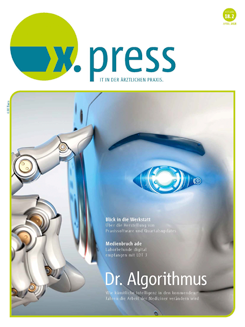
Interakt at IUI 2018
Interakt: DFKI presents the Multimodal Medical VR demonstrator at the IUI 2018 conference in Tokyo.
Here’s the demo paper.

KDI Interview about future of machine learning
KDI: An interview with Daniel Sonntag about the Future of Machine Learning in Healthcare was published by EHEALTHCOM, in German: “Es gab immer einen Hype um Maschinenlernen”
Daniel Sonntag becomes new editor-in-chief of the German Journal of Artificial Intelligence
Interakt: Daniel Sonntag becomes new editor-in-chief of the German Journal of Artificial Intelligence.
KDI article in Frankfurter Allgemeine
KDI: An article by Daniel Sonntag and Volker Tresp about KDI was published in Frankfurter Allgemeine: “Better healthcare services by data analysis” (in German)
KDI Invited Talk at the German Cancer Research Center (DKFZ)
KDI: Invited Talk at the German Cancer Research Center (DKFZ), Daniel Sonntag, at the Mayenburg Cancer Research Award Symposium about Artificial Intelligence in Medicine.
KDI download links
KDI: DFKI provides download links for recent video publications:
MedicalVR: https://medicalcps.dfki.de/wp-content/uploads/2017/08/KDI_V2_Pro_v04_2.mp4
Facetted Search: https://medicalcps.dfki.de/wp-content/uploads/2017/10/FS_visual_v06.mp4
BI-RADS: https://medicalcps.dfki.de/wp-content/uploads/2016/05/BIRADS-30-seconds.mp4
Kognit: http://kognit.dfki.de/wp-content/uploads/2017/11/Kognit_final.mp4
Sponsored by:

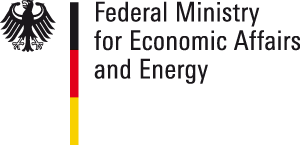
KDI: Invited Panel and Expert Cycle at MEDICA 2017
KDI: Invited Panel and Expert Cycle at MEDICA 2017, Daniel Sonntag, main contribution: Decision support in virtual reality
Deutsches Ärzteblatt short article
Interakt: The Deutsches Ärzteblatt publishes a short article about Daniel Sonntag’s research team and new research work in Interakt.
KDI closing event
KDI: The KDI project’s closing event took place on September 29, 2017 in the Berlin Museum of Medical History. The ruin of the former Rudolf Virchow Lecture Hall, with its historic charm, presented a unique event location that has made for an unforgettable experience.
Programme:
- 10:00 – Introduction to clinical data intelligence
- 11:00 – Organisation of clincial data, data security
- 12:00 – Application scenarios
- 15:00 – External speakers
- 16:00 – Official Demo Event / Internal meeting with DLR and BMWi
- 17:00 – Farewell
KDI at IJCAI 2017
KDI: DFKI presents the Medical VR demonstrator at IJCAI 2017 throughout the conference in Melbourne.
Here’s the demo paper.
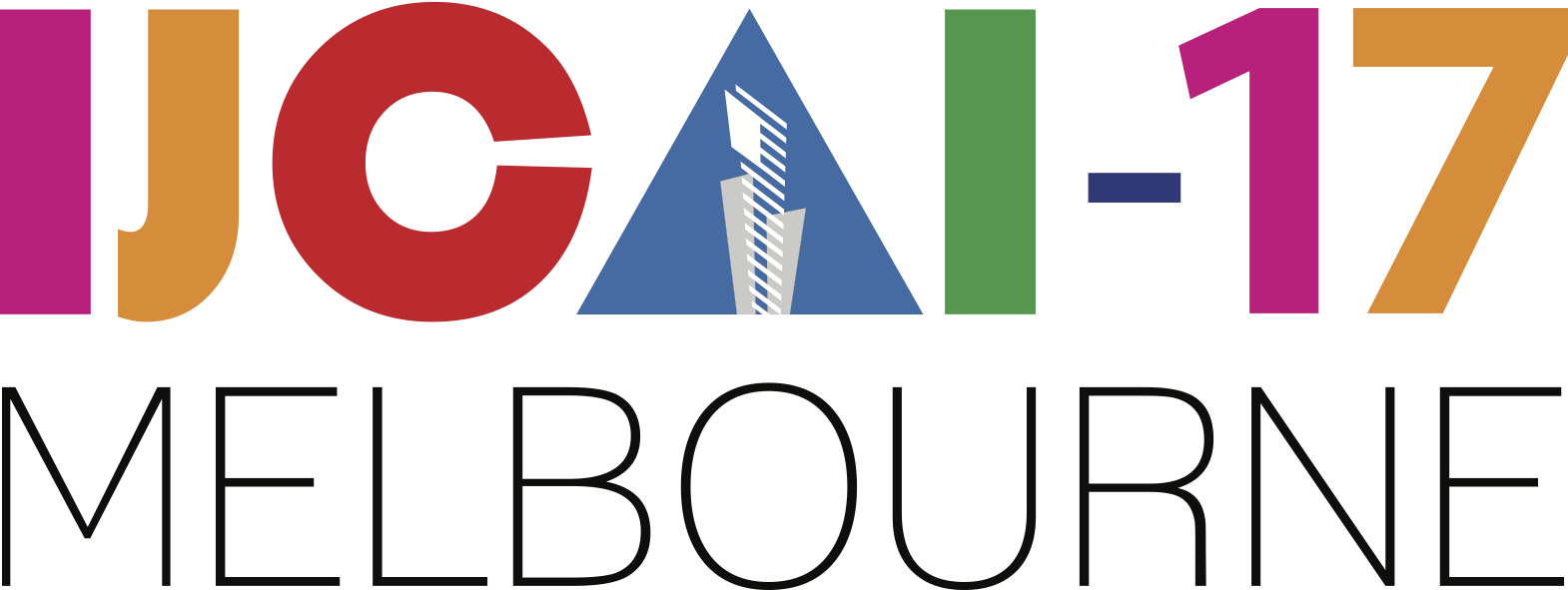
See the submission video to IJCAI competition, and the final video.
KDI SIGDial 2017
KDI: DFKI presents the Medical VR demonstrator at SIGDial 2017 in Saarbrücken.
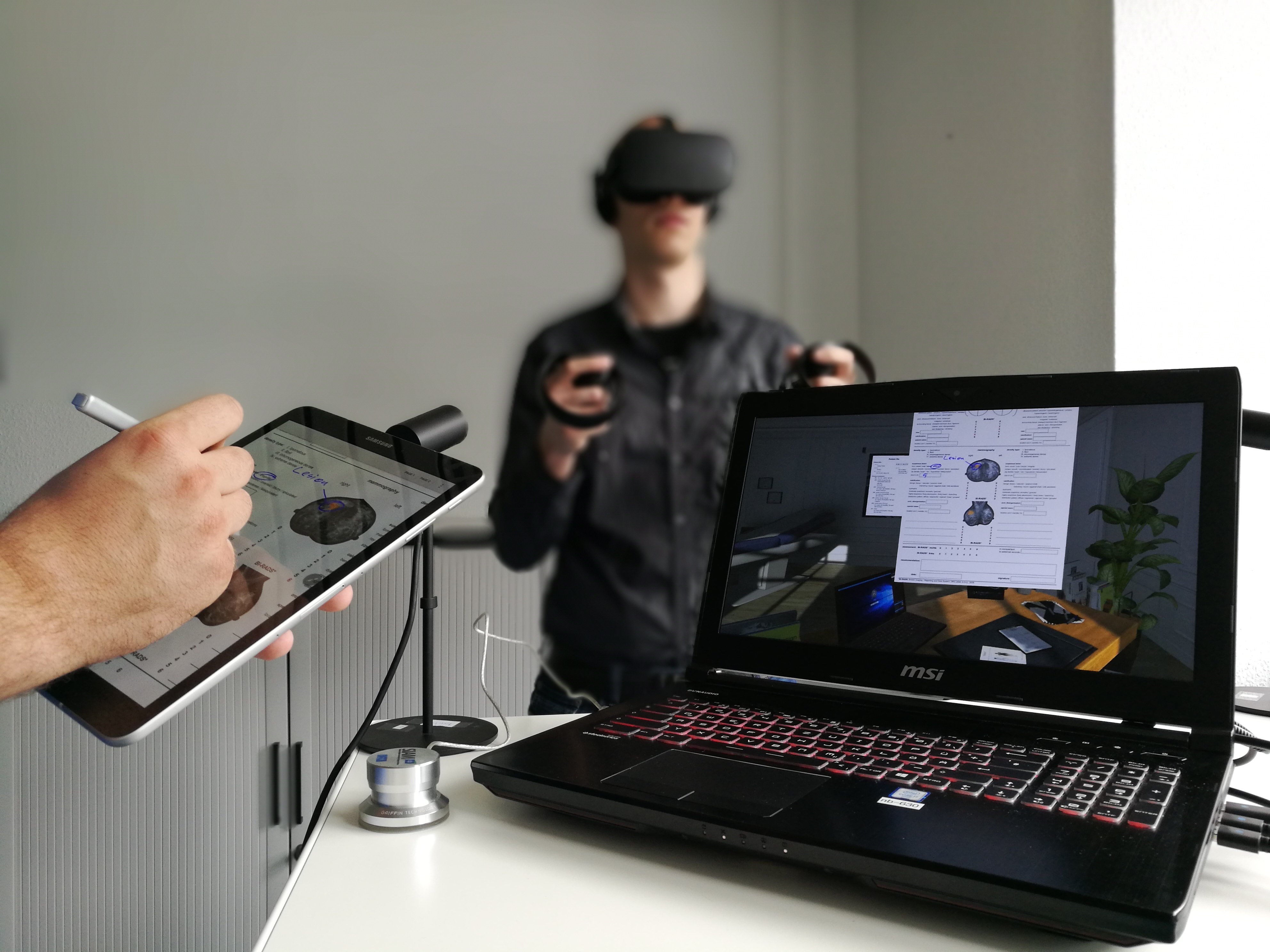

DFKI at IJCAI 2017
KDI: DFKI will present at IJCAI 2017! Demo event and invited talk at Healthcare event.
MedicalVR video
KDI: DFKI and Siemens present their MedicalVR scenario (video) with integrated deep learning.
CBMS 2017
KDI: DFKI presents final version of their integrated facetted search application for nephrology, the digital mammography application, and textual information extraction results in mammography at CBMS 2017.
Heise and Technology Review
Interakt: Heise and Technology Review feature DFKI’s work in Kognit and Interakt (Interview with Daniel Sonntag) about cognitive assessment and digital external memories.
The Handbook of Multimodal-Multisensor Interfaces
Interakt: The Handbook of Multimodal-Multisensor Interfaces: Foundations, User Modeling, and Common Modality Combinations. Volume 1 EDITORS: Oviatt, Sharon; Schuller, Bjorn; Cohen, Philip R; Sonntag, Daniel; Potamianos, Gerasimos; Krueger, Antonio PUBLISHER: Morgan and Claypool/ACM Press. This is a THREE volume series that presents the definitive state of the art and future directions of the field of Multimodal and Multi-Sensor interfaces.
Interakt Kick-Off Meeting in Berlin
Interakt: Kick-Off Meeting in Berlin
DFKI exhibits at CeBIT 2017
KDI: We exhibit at CeBIT 2017 at the BMWi booth, DFKI provides a demonstrator in Virtual Reality.
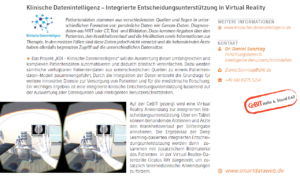
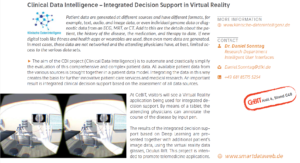
Interview with Daniel Sonntag in Deutsches Ärzteblatt
Interakt: Interview with Daniel Sonntag in Deutsches Ärzteblatt in two articles about KOGNIT and INTERAKT:
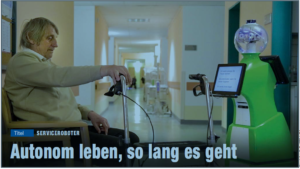
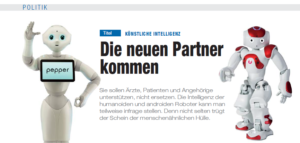
Article about future artificial intelligence applications
Kognit: Article about future artificial intelligence applications in medicine published by Technology Review (German Version)
KDI Invited talk at Heise Events
KDI: Invited talk: Machine Learning for Doctors in Healthcare Innovators Summit – Digital Health, Technology Review 2016 Heise Events, Berlin, Germany (November 30, 2016)
KDI Invited talk KI in der Medizin
KDI: Invited talk: KÜNSTLICHE INTELLIGENZ IN DER MEDIZIN: DAS KLINISCHE DATENINTELLIGENZ PROJEKT
(AI in Medicine–the clinical data intelligence project)
Big Data: Verfügbarkeit, Verknüpfbarkeit und Verwertbarkeit der Daten verbessern, conference (sponsored by BMBF / DFG)
Best Student Paper Award at CBMS 2016
Kognit: Alexander Prange won the TCCLS Student Paper Award at CBMS 2016 (The 29th International Symposium on Computer-Based Medical Systems by IEEE) for the publication by Alexander Prange and Daniel Sonntag:
“Digital PI-RADS: Smartphone Sketches for Instant Knowledge Acquisition in Prostate Cancer Detection” CBMS 2016
Feature in Focus Gesundheit
Kognit: Feature about Daniel Sonntag and future health technology in “Focus Gesundheit”:
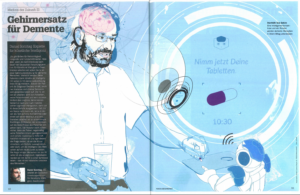
KDI at CeBIT 2016
KDI: We exhibit at CeBIT at the BMWi booth, DFKI provides new KDI demonstrators
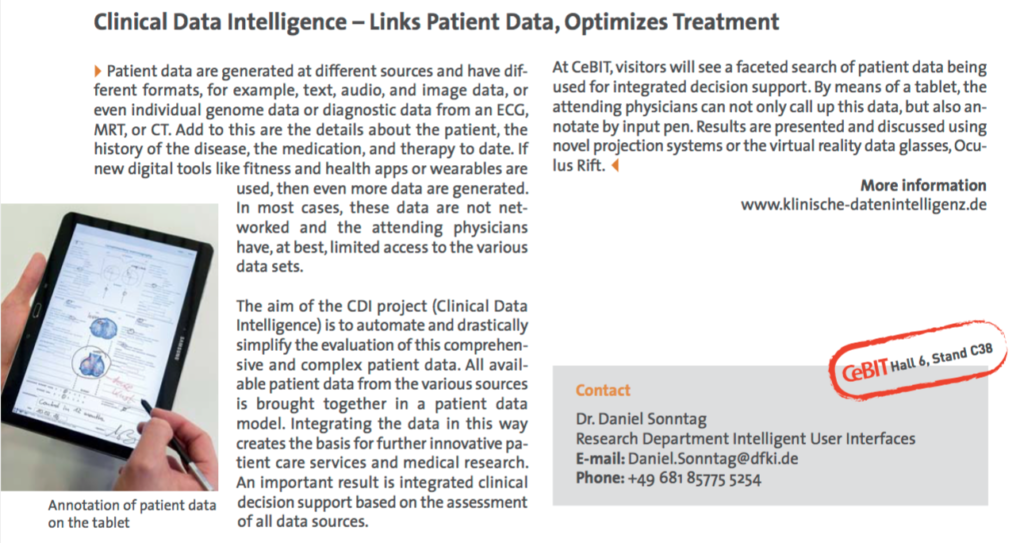
KDI at GHTC Award 2016
KDI: From RadSpeech to Clinical Data Intelligence by Image Analysis and Speech Dialogue,
Daniel Sonntag presents at GHTC Science Slam.
Kognit Science Events in 2015
KDI: in The science events that shaped 2015 (Nature)
US President Barack Obama announced the Precision Medicine Initiative:
Tailoring treatments to individual patients has long been a goal in biomedicine, but US President Barack Obama gave this effort a big boost with his announcement in January of the Precision Medicine Initiative (PMI). As part of the US$215-million programme, which will award its first grants next year, the NIH and partner organizations will recruit one million people across the country, collecting genetic information, health records and even data from electronic health-monitoring devices. Researchers will use the information to look for links between disease risk and genetic and environmental factors.
Kognit article in Saarbrücker Zeitung
Kognit: Great article about Kognit in the Saarbrücker Zeitung newspaper
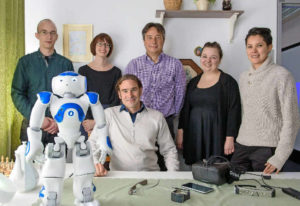
Group picture with NAO robot: Project lead Daniel Sonntag (seated) and some members of his team at DFKI. Photo: Oliver Dietze
Kognit Storyboard
Kognit: The Kognit Storyboard receives MOST SOCIETALLY BENEFICIAL VIDEO Award at IJCAI-15 Video Competition!
SMI Oculus Demo
Kognit: S. E. Governor Gary R. Herbert, Governor of Utah tested the first SMI/Oculus/DFKI application demo (SMI Cognitive Monitoring via Eye Tracking in Virtual Reality)
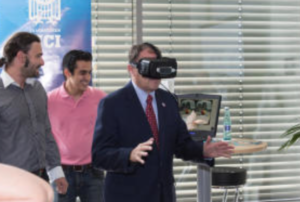
SMI-Oculus Application Demo
PerDis Demo
Kognit: Demo on June 11th at 17:00 – Cognitive Monitoring via Eye Tracking in Virtual Reality Pedestrian Environments at the conference Pervasive Displays 2015
KDI KI Journal
KDI: KI Journal special issue on Health and Wellbeing published!
SMI Kognit usecase
Kognit: SMI (now Apple) endorses Kognit usecase.
DFKI Project: Eye Tracking Inside the Oculus Rift
Kognit: Additional Kognit press reference
Kognit at IUI 2015
Kognit: We present at IUI 2015 in Atlanta, USA.
Medical CPS architecture
EIT MCPS: Presentation of full Medical CPS architecture at CBMS 2014 in New York, Mount Sinai Hospital
The Medical Cyber-Physical Systems Activity at EIT: A Look under the Hood
Proceedings of the 27th International Symposium on Computer-Based Medical Systems (CBMS), IEEE 2014
Contact: Daniel Sonntag, DFKI
ERmed: Demo IUI 2014
ERmed: Evaluation
ERmed: First evaluation on the ability to accurately focus on virtual icons in each of several focus planes despite having only monocular depth ques, confirming the viability of these methods for interaction.
ERmed Evaluation ELTE
ERmed: Second evalution at ELTE in Budapest focussing on self-calibrating eye-tracking, robust gaze-guided object recognition and how “artifical salience” can modulate the gaze (un)consciously.
ERmed Eye Gaze ELTE
ERmed: In Budapest, Takumi and Jason work on a combination of eye gaze and dynamic text management that allows user centric text to move along a user’s path in realtime.
ERmed ELTE Building Project
ERmed: We start the “ELTE Building Project” (NIPG) featuring eye gaze-based location awareness / indoor navigation
CPS Programming Workshop
EIT MCPS: CPS programming workshop in Budapest at STAF 2013
Contact: Tamás Kozsik, ELTE
ERmed SMI Eye Tracker
ERmed: We combine SMI’s eye tracker with a new glass frame to Brother’s Airscouter
Lambda 2013 CPS Workshop
EIT MCPS: Location-awareness & cyber-physical system workshop at IUI 2013: Lambda 2013
Contact: Tim Schwartz, DFKI
Digipen Endorsement
EIT MCPS: DFKI launches the DigiPen (now eitco) Spin-Off (real-time digital pen data acquisition): also visit the CeBit booth, March 5-9, 2013, hall 4, C26 (German Telekom) and hall 9, S50 (DFKI)
ERmed Best Paper Award
ERmed: Jason Orlosky (Osaka University and DFKI) wins IUI best paper award on dynamic text management.
EIT MCPS Kick-Off Meeting
EIT MCPS: Kick-Off at EIT in Berlin!
ERmed Medical CPS Kick-Off
ERmed: EIT Medical CPS Kick-off. ERmed delivers sitation awareness cues for patient monitoring
ERmed Interview at Ferchau
ERmed: Interview with Daniel Sonntag in Ferchau (Industry 4.0) in German
Articel about Radspeech in the German Magazine for Clinical Research
RadSpeech: Article about Radspeech in the German Magazine for Clinical Research (DZKF), Issue 05/06-2012, (in German)
First Demo of THESEUS MEDICO Radpeech at ISI Erlangen
First Demo of THESEUS MEDICO Radpeech at ISI Erlangen.
Professor Alexander Cavallaro’s vision of the educated lymphoma patient of the future is very different from today’s patient, who carries the computed tomography (CT) images of his lungs and abdomen home on a CD or DVD after a routine radiological examination.
How semantic technologies can be applied to medicine was illustrated by the THESEUS MEDICO research project, which brought together radiologists from the University of Erlangen, experts from the German Research Center on Artificial Intelligence (DFKI), as well as researchers from Siemens, the Fraunhofer Society, and TUM (Technische Universität München). “MEDICO” was one of several cases put forward for the use of the THESEUS research program, which was initiated by the German Federal Ministry of Economics and Technology in 2007, in order to support technologies for an “Internet of services.
Radspeech, the radiology workstation on the iPad (in German)
Daniel Sonntag wins German High Tech Champions Award
Daniel Sonntag wins German High Tech Champions (GHTC) Award in Medical Imaging.


